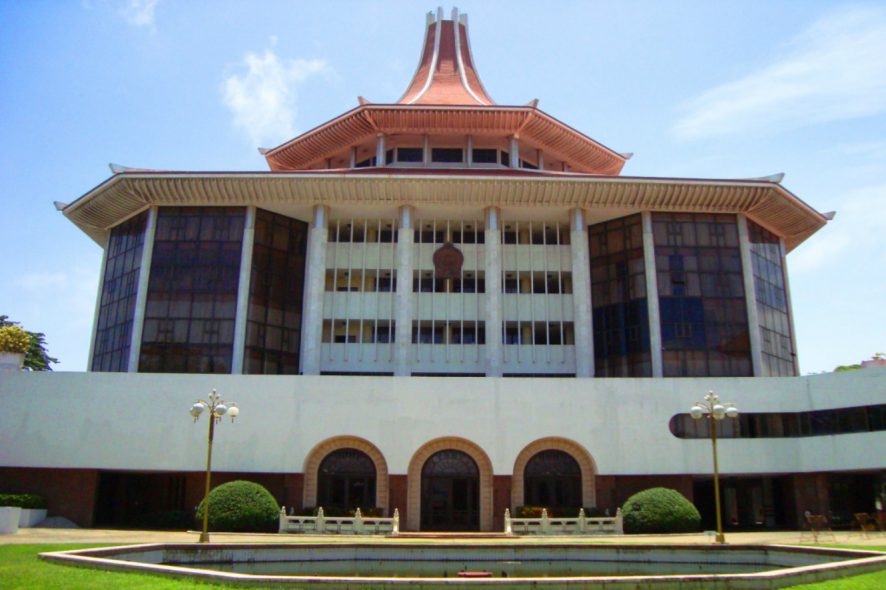Supreme Court of Sri Lanka: A Full Bench of Buwaneka Aluwihare PC, P. Padman Surasena and E A G R Amarasekara JJ upheld the indictment of a senior lecturer of the University of Colombo, holding that his indictment and subsequent non-reinstatement by the University’s disciplinary authority does not violate his Fundamental Rights.
The petitioner was the Head of the Department (HoD) of Mass Media and Senior Lecturer at the University at the time of his indictment. Many members of the academic staff had written complaints against him, two lady probationers working under him had accused him of sexual harassment and abuse of authority, and six other senior lecturers had made a joint complaint setting out his alleged unacceptable general conduct. After a preliminary investigation by the university, he was indicted and the disciplinary committee’s charge sheet charged him with sexual harassment, engagement in discriminatory practices and creation of a hostile work environment for the complainant-probationers.
The petitioner contended that the probationer’s complaints were fake and that his indictment and non-reinstatement violated several provisions of the University Establishments Code. He claimed that the respondents had acted illegally, unreasonably and beyond their powers in indicting him and not reinstating him after the completion of one year since his indictment.
Court dismissed all but one of the petitioner’s claims on the grounds that he did not file the instant application regarding his contentions about the falsity of the probationers’ complaints, the arbitrariness of his interdiction and the transcendence of the disciplinary proceedings beyond the valid period within the one-month period specified in Article 126(2) of the Constitution.
With respect to the claim about his reinstatement, however, the Court found the infringement of his rights to be of a continuing nature, and thus, not time-barred. It applied a provision in a Public Administration Circular dated 30-12-2011, which stated that if a disciplinary authority failed to conclude its proceedings and issue an order within one year, it would have the discretion to reinstate the accused officer and pay him his salary. Since the authority clearly enjoys this discretion, the petitioner’s non-reinstatement cannot be taken to mean a violation of his Fundamental Rights to equal protection of the law under Article 12(1) of the Constitution. In view of the fact that reinstating him, while the two probationary-lecturers, who testified against him served under him, would not be in the best interests of justice, the Court held that the “non-reinstatement of the Petitioner by his disciplinary authority cannot be viewed as a wrong exercise of the discretion by the said disciplinary authority.” Appeal was dismissed in the above-view. [W M P N Weerasinghe v. University of Colombo, 2020 SCC OnLine SL SC 2 , decided on 20-07-2020]








The Supreme Court of Sri Lanka has very rightly disposed of the petition in upholding the action of the University authority. A teacher is equated to a status of mother and father since the ancient days of civilization viz., Mathru Devobhava, Pithru Devobhava and Acharya Devobhava to means the parents and teacher are divine. Whereas, the lecturer herein has amply proved himself beyond doubt to be unworthy to occupy this sacred title. In fact, he should be barred from further employment anywhere in the country if not across the world.